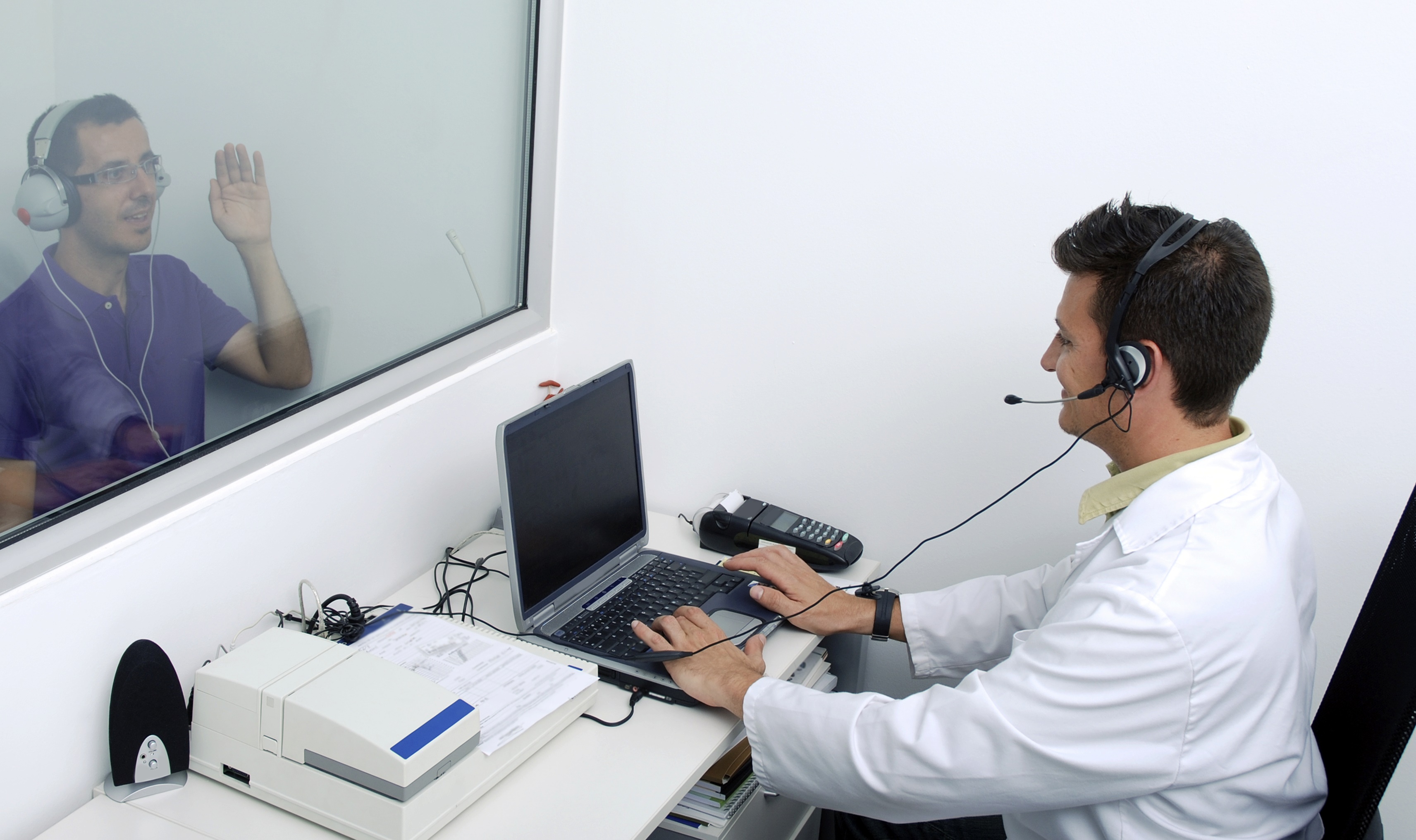
Congratulations on taking the first step toward better hearing by scheduling your hearing exam. You’re already ahead of the game, as many people delay getting a hearing test for years—in some cases decades.
But now that you’ve arranged your hearing test, you’ll want to be certain that you’re well prepared for the visit, especially if test results show that you might benefit from hearing aids. Purchasing hearing aids can be difficult, but if you ask the right questions, your hearing care specialist can help direct you to the most appropriate technology.
To achieve the best hearing you can, remember to ask these five questions at your upcoming hearing test.
1. What type of hearing loss do I have?
Your hearing care professional will test your hearing using the most current technology, and the results of the test will be printed on a graph called an audiogram. Make sure your hearing professional reviews the audiogram with you and discusses:
- The type and severity of your hearing loss. High-frequency hearing loss is most common, and is classified as mild, moderate, severe, or profound.
- How hearing aids can help, and if and why you’d require hearing aids for one or both ears. Hearing loss in both ears is most effectively addressed with two hearing aids, and the audiogram will display the results for both ears.
2. Which hearing aid is best for my needs?
Each patient’s hearing loss and listening needs are unique. The more your hearing professional understands about your way of life, the better they can prescribe the appropriate technology.
If you’re highly active, for instance, you may look into the most up-to-date hearing aid technology with wireless functionality. If you don’t need all of the special features, on the other hand, a more practical alternative is probably a better fit.
3. What are my financing options?
Next is everyone’s least popular subject—price. Although you should take into account that the benefits of hearing aids far outweigh the cost (the monthly cost in most cases being lower than the cable TV bill), the price can still seem high.
Several financing possibilities are available that can help you cover the expense, although not all options are available to every patient. Still, you should talk to your hearing professional about some of these options:
- private insurance (uncommon but worth asking about)
- Medicare and Medicaid
- Veterans Administration benefits
- charitable organizations
- state programs
- financing options (special healthcare credit arrangements)
4. How can I best adjust to my new hearing aids?
After you’ve selected your ideal hearing aids and have had them expertly fit, you can head home and immediately hear perfectly without any issues, correct?
Not exactly. Much like anything new, you’ll require some time to adjust. You’ll be hearing sounds you haven’t heard in a while, your voice may sound different, and the fit of the hearing aid may feel unpleasant. This is completely common and expected, and will resolve itself in a short amount of time. You simply have to be patient.
Ensure that your hearing professional provides instructions on how to best adapt to your hearing aids, including how to control them and how to master the features.
5. How do I take care of my hearing aids?
Hearing aids are state-of-the-art and dependable products that should operate reliably for years. Even so, they will require habitual cleaning and care. Ask your hearing professional about cleaning kits and practices, storage methods, accessories, and battery management.
Additionally, it’s a wise decision to have your hearing specialist professionally clean your hearing aids a few times a year.
As you start preparing for your hearing test, keep in mind that obtaining the best outcome requires:
- understanding your hearing loss
- coordinating your hearing loss and lifestyle to the right technology
- finding an affordable solution based on your budget
- fitting and programming your new hearing aids
- adapting to and taking care of your hearing aids
With the support of your local hearing care professional—and by asking the right questions—you can assure the best outcome and a life of better hearing.







